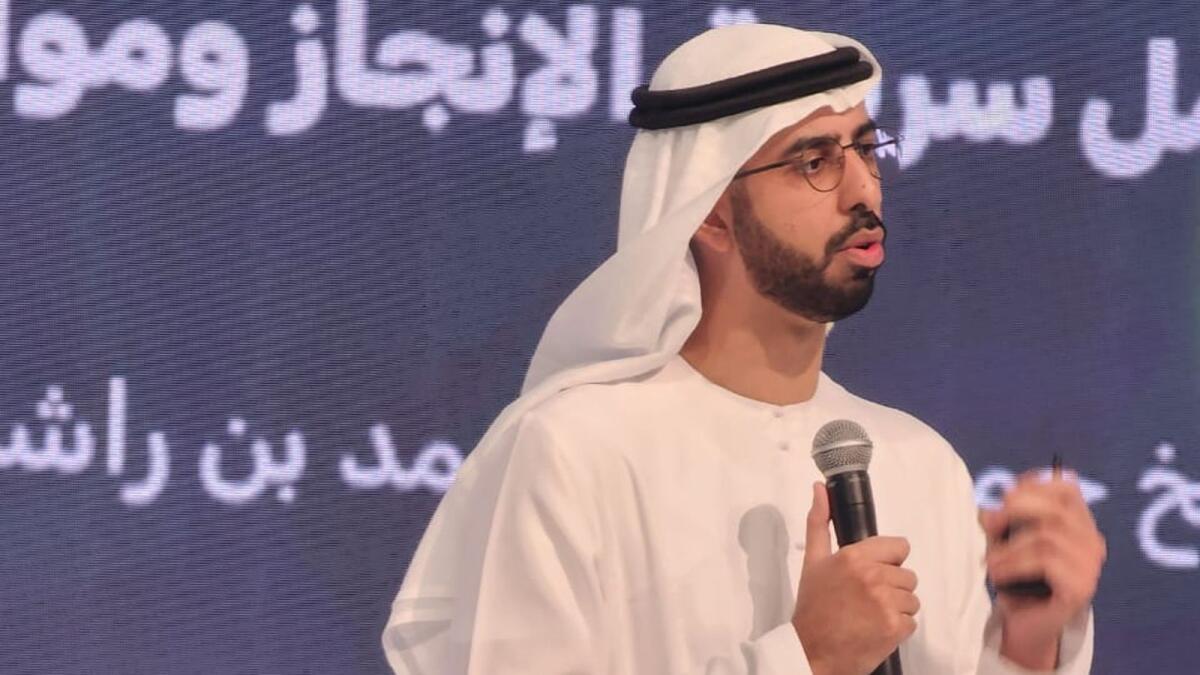The United Arab Emirates (UAE) is making strides towards a future where more than one million individuals will be proficient in artificial intelligence (AI) within the next three years. Under the leadership of Omar Sultan Al Olama, the Minister of State for AI, Digital Economy, and Remote Work Applications, the country is implementing various initiatives to achieve this goal. One of the key initiatives is the establishment of an AI campus dedicated to training companies, professionals, and stakeholders in AI technologies. The campus, currently operational at the DIFC, is set to expand over time and become the world’s largest AI-focused practice.
Sheikh Hamdan bin Mohammed bin Rashid Al Maktoum, the Crown Prince of Dubai, announced a groundbreaking program aimed at teaching a million people how to effectively use AI tools in a short period of three years. The AI campus serves as a stepping stone towards this ambitious goal. Additionally, Dubai has appointed 22 chief AI officers for government entities to accelerate AI adoption. These officers, being changemakers, will play a crucial role in translating the government’s vision into reality and positioning Dubai as a premier destination for AI talent.
The chief AI officers were carefully selected across departments governing various sectors like community development, human resources, customs, policing, and civil aviation. Each officer underwent a rigorous process to evaluate their knowledge and capabilities in deploying AI technology. According to Al Olama, investing in AI is not a luxury but a necessity for governments to ensure their services, capabilities, and workforce are cutting-edge and well-adapted to the digital age. Dubai believes in accelerating change rather than waiting for it to happen, emphasizing the importance of staying ahead in the AI sector.
In healthcare, AI is already proving its significance by becoming essential for doctors, nurses, and other medical professionals. Al Olama highlighted the transformative role of AI in healthcare, especially in emergency response scenarios. The technology has been deployed in ambulances in the UAE to provide real-time insights to medics, enabling them to deliver critical care and potentially save more lives. This exemplifies the tangible benefits that AI can bring to different sectors, showcasing its potential to revolutionize various industries and enhance outcomes.































